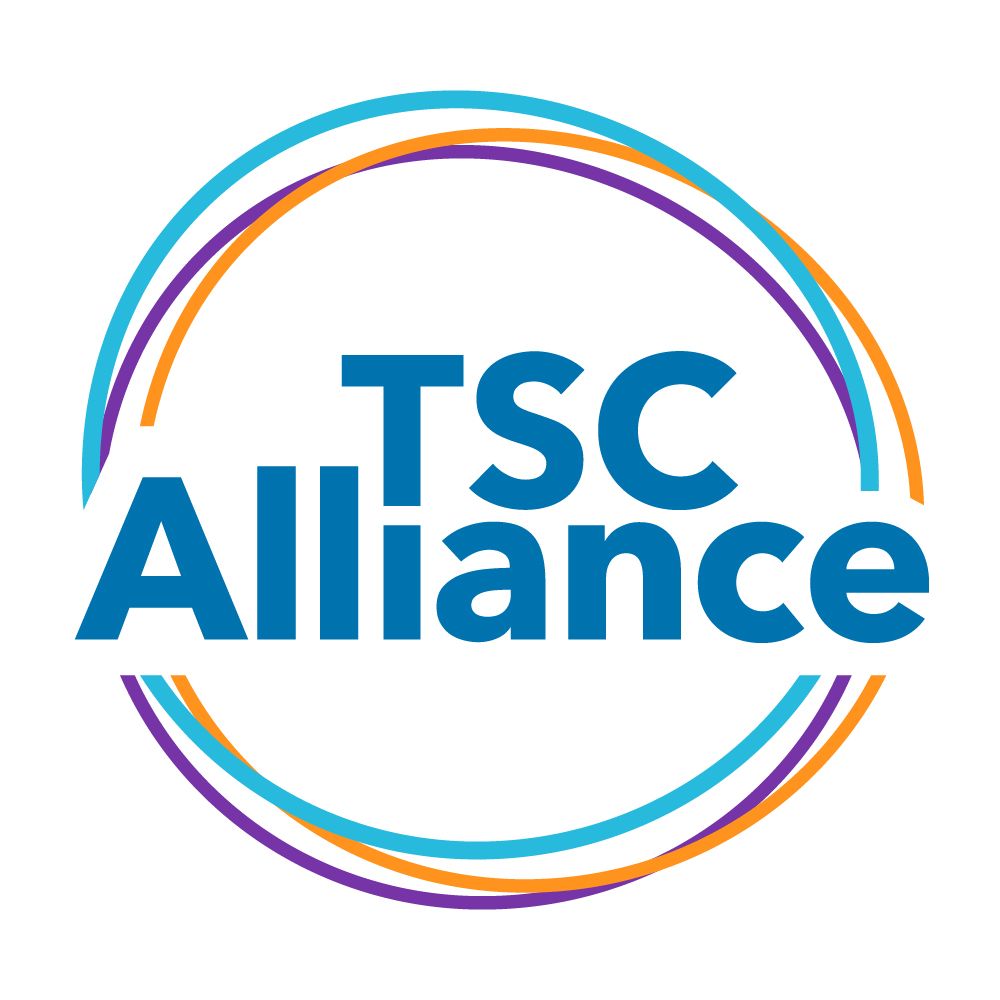
Growing the Knowledge of Detection and Treatment of Infantile Spasms: Martina Bebin, MD, MPA

The professor of neurology and pediatrics at the University of Alabama at Birmingham Epilepsy Center provided perspective on the strides made with detection and treatment of infantile spasms. [WATCH TIME: 3 minutes]
WATCH TIME: 3 minutes
"I think back 10, 20 years ago, it may have taken a month to 3 months of a child having this type of seizure before they saw a neurologist. Now, it’s in less than a week. That’s a huge advance."
Every year, the first week of December is dedicated to raising awareness towards infantile spasms (IS), a rare, but serious type of seizure. Infantile Spasms Awareness Week is hosted by the Infantile Spasms Action Network (ISAN), a group of more than 30 international organizations dedicated to stopping IS. The most common cause of IS is structural change in the brain, which may be from a prior injury such as brain infection or lack of oxygen to the brain.
In nearly 30% of cases, IS can precede Lennox-Gastaut syndrome, a rare, more refractory form of epilepsy. IS can also be caused genetically, as there are a number of genes associated with spasms. Metabolic causes can also lead to changes in brain function and can cause spasms. To date, there is no evidence to believe that family history, the baby’s sex, or factors such as immunizations are related to IS.
To continue the efforts and raise awareness of the harmful effects of IS, NeurologyLive® sat down with Martina Bebin, MD, MDA. Bebin, a professor of neurology and pediatrics at the University of Alabama at Birmingham, discussed the strides made within the field in terms of detection and treatment of IS, as well as the complexities with initial symptoms and confusing IS with other conditions.
Newsletter
Keep your finger on the pulse of neurology—subscribe to NeurologyLive for expert interviews, new data, and breakthrough treatment updates.










